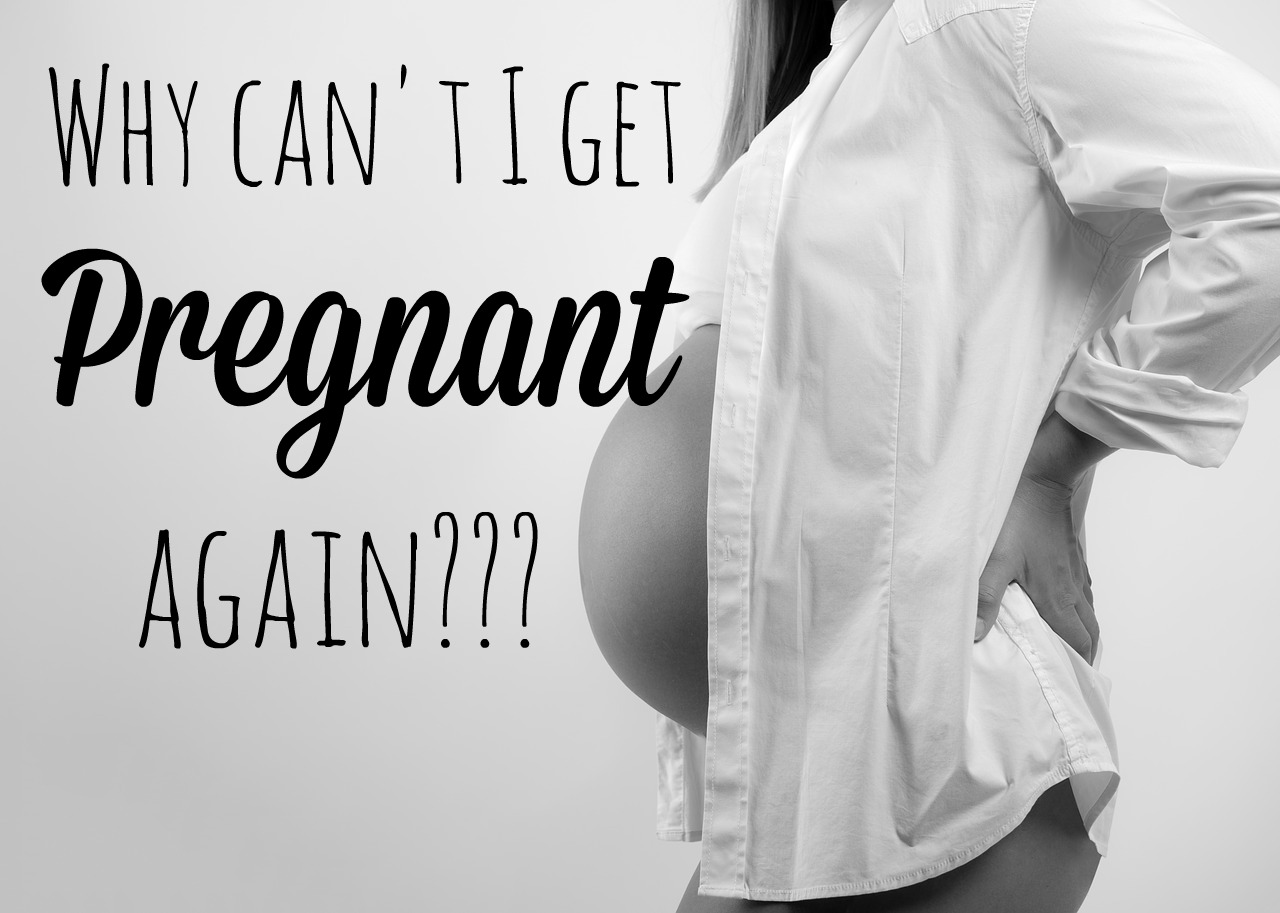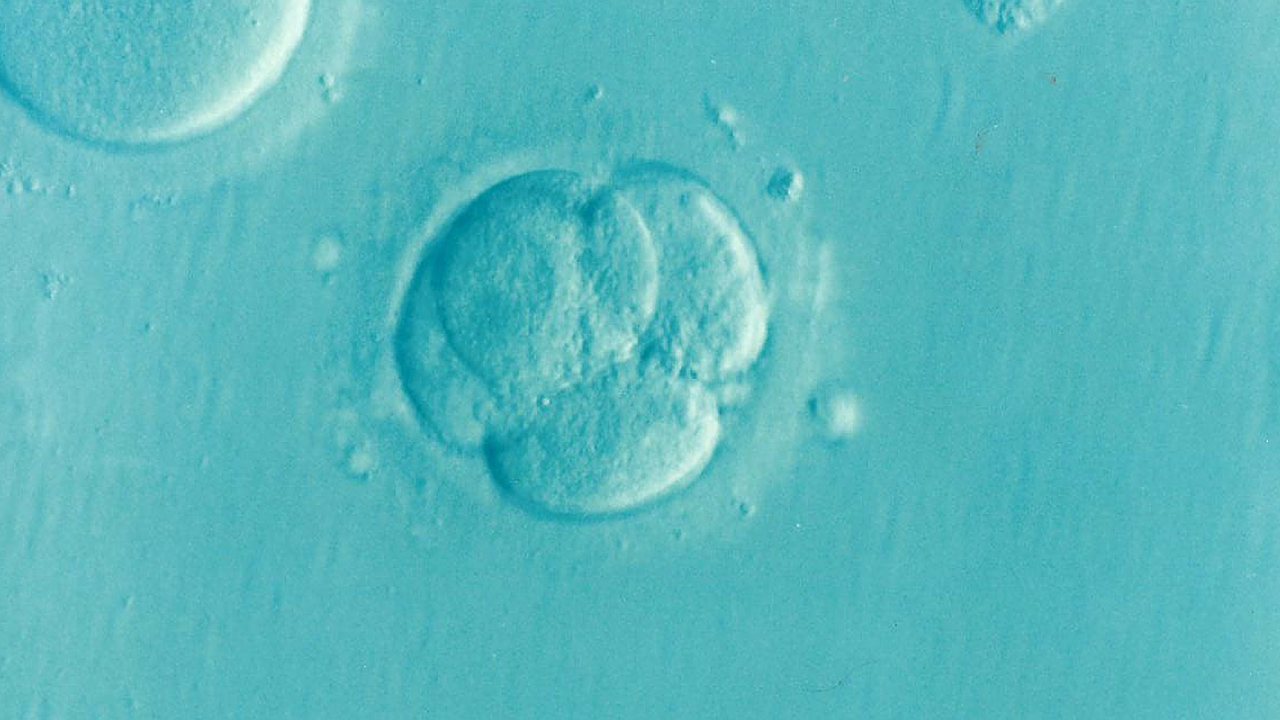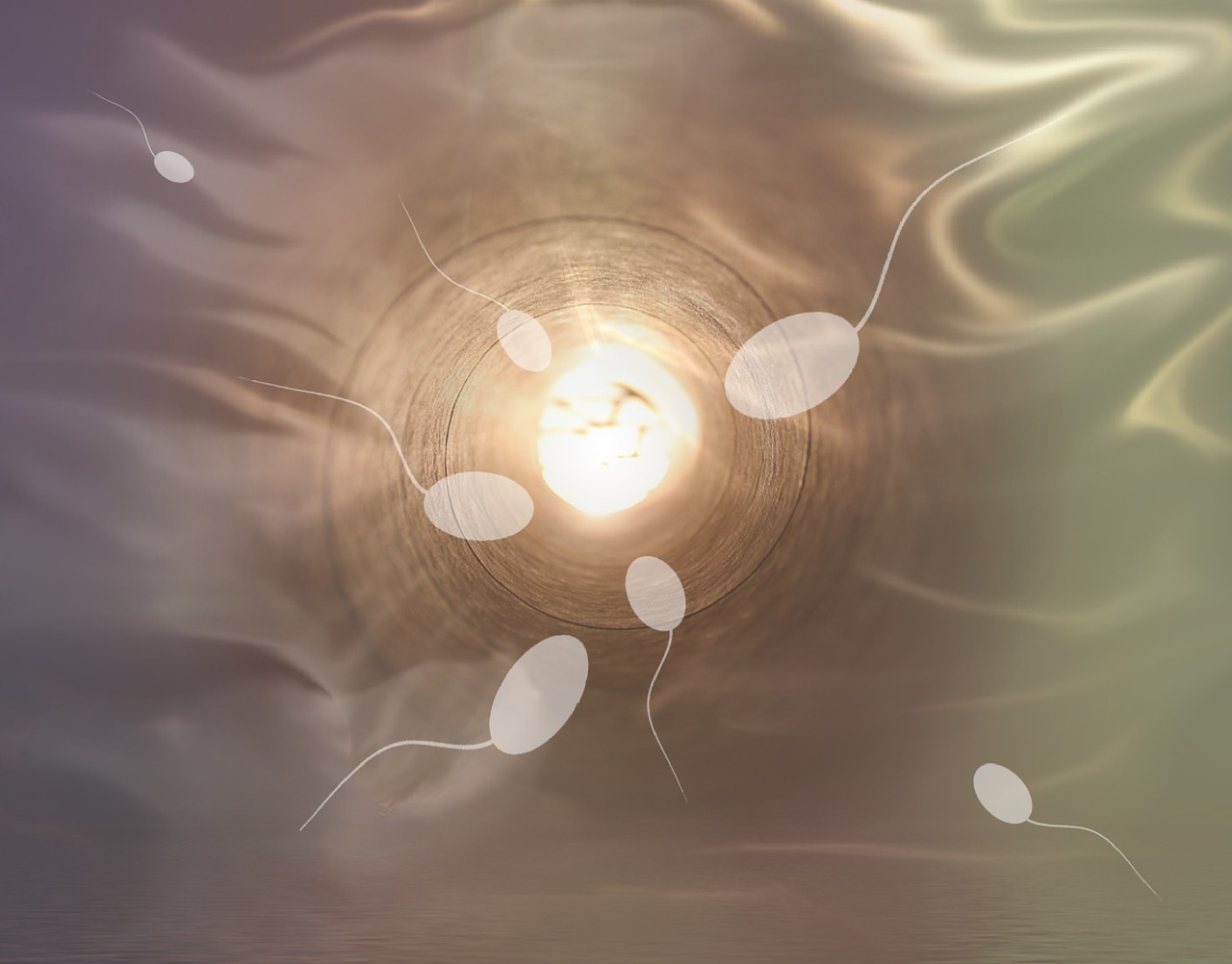Your age from one child to the next can greatly affect your chances of getting pregnant. If getting pregnant again is becoming difficult for you, you may be experiencing secondary infertility.
Secondary infertility is when women 35 or older are unable to get pregnant within six months of trying, or women younger than 35 are unable to get pregnant within one year of trying. Women who have two consecutive miscarriages at any age are also considered to have secondary infertility.

Why Can’t I Get Pregnant Again? How Frozen Donor Egg IVF Can Help
Treatment Options
Secondary infertility is treated similarly to primary infertility. In fact, secondary infertility is just as common as primary infertility and can occur even if you didn’t experience infertility before a previous pregnancy.
Like primary infertility, a woman’s age is a major factor because the viability of a woman’s eggs is adversely affected in quality and quantity as she ages. Women in their 40s experience the biggest decline in their egg health.

If your egg health is of particular concern to you, don’t delay a fertility consultation. The earlier you seek help, the better. Your age may be the biggest contributing factor to your secondary infertility.
Your fertility specialist can discuss your options with you, including frozen donor egg IVF, IUI, and home insemination. Frozen donor egg IVF is a great option for women in this circumstance, as older women can still be healthy enough to carry and deliver a baby.
Frozen Donor Egg Benefits
Frozen donor egg banks provide a wide selection of healthy donors with a range of traits and qualities to choose from. For example, you can select an egg donor based on their physical and personal characteristics.
Some of these characteristics include eye color, hair color, height, educational level, and hobbies. You can also choose if your child can contact the donor after his or her 18th birthday – known as Open ID – or have the donor remain anonymous.

Frozen donor eggs are worth considering because:
- They’re a less expensive alternative to fresh donor eggs.
- They’re readily available because they’ve already been retrieved from donors who meet strict standards to ensure optimal egg health.
- There are fewer dependencies than when using fresh eggs. For example, you don’t need to synchronize your IVF cycle with a frozen egg donor.
- Frozen donor eggs are ready when you are, which saves you time, possibly several months.
- A national pool of frozen egg donors provides a diverse selection from which you can choose a donor with characteristics best suited to you, your family, and your future child.
Once you’ve selected your donor, received required counseling, and completed medical evaluations to ensure you’re ready, you can begin your IVF cycle when implantation is optimal for you.
Your donor’s eggs will be retrieved from cryogenic storage, thawed, and fertilized with your partner’s sperm. The resulting embryos will then be transferred and implanted into your uterus. Ultimate success will result in a positive pregnancy test two weeks later.

Embrace the Possibilities
Having trouble wrapping your mind around the idea of using someone else’s eggs? That’s normal! But consider this: from the moment you select an egg donor, you’re the one directly influencing the development of your future child.
You’ll still be the one to nurture your baby in your womb, deliver your baby into the world, and provide direct love and care throughout your child’s life.
Your age and your egg health may be out of your control, but you can make informed decisions to create an opportunity to have another baby. Like many other medical marvels, frozen donor egg IVF is a special tool used to expand your family.